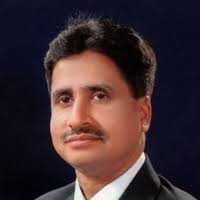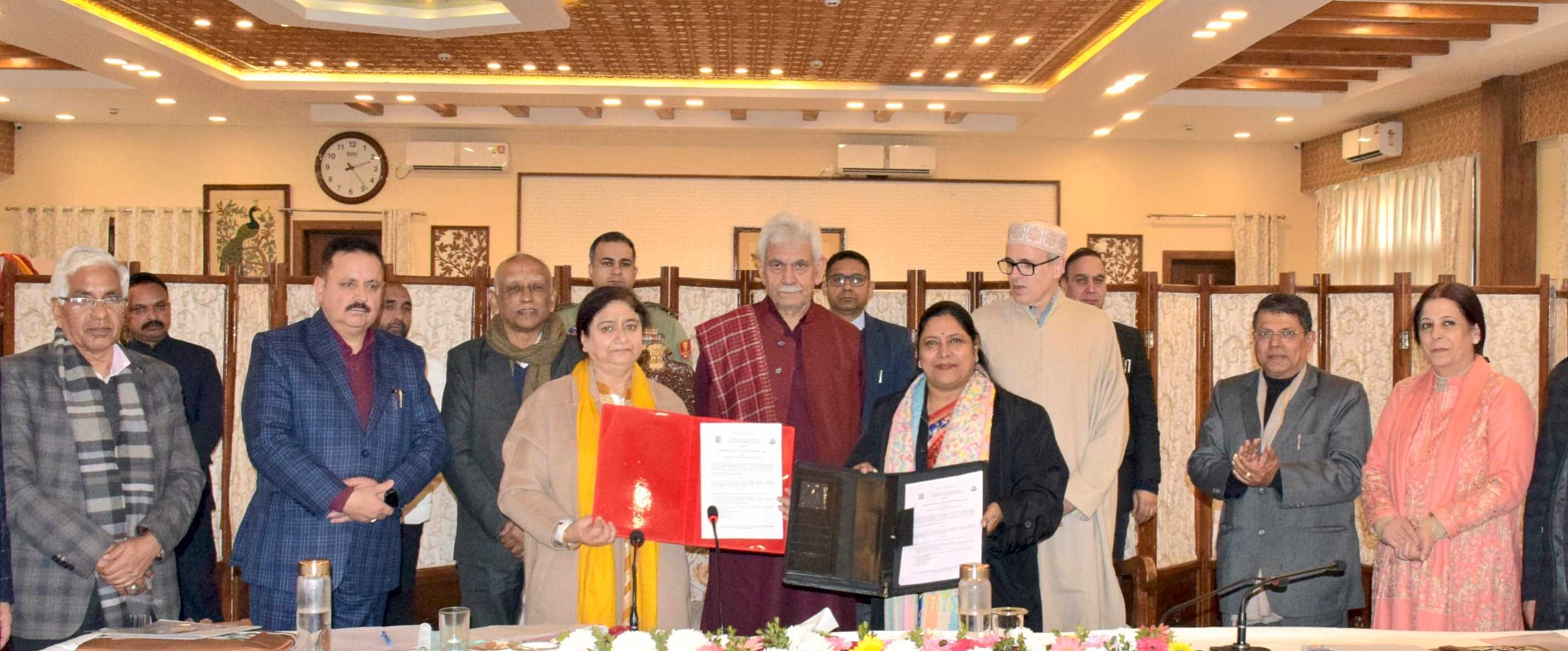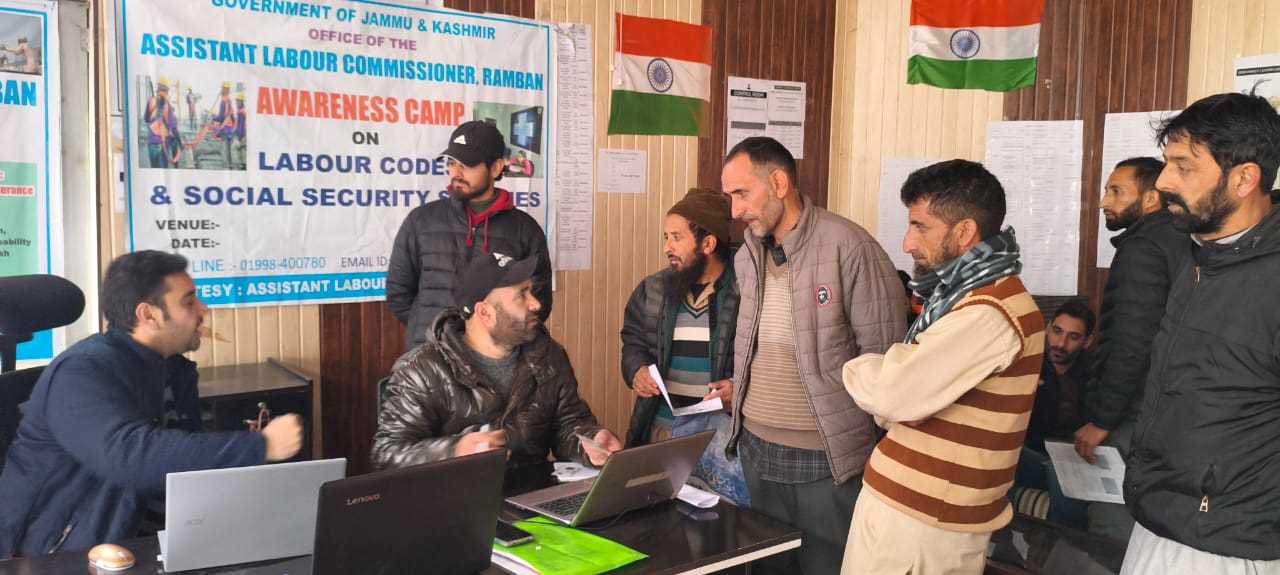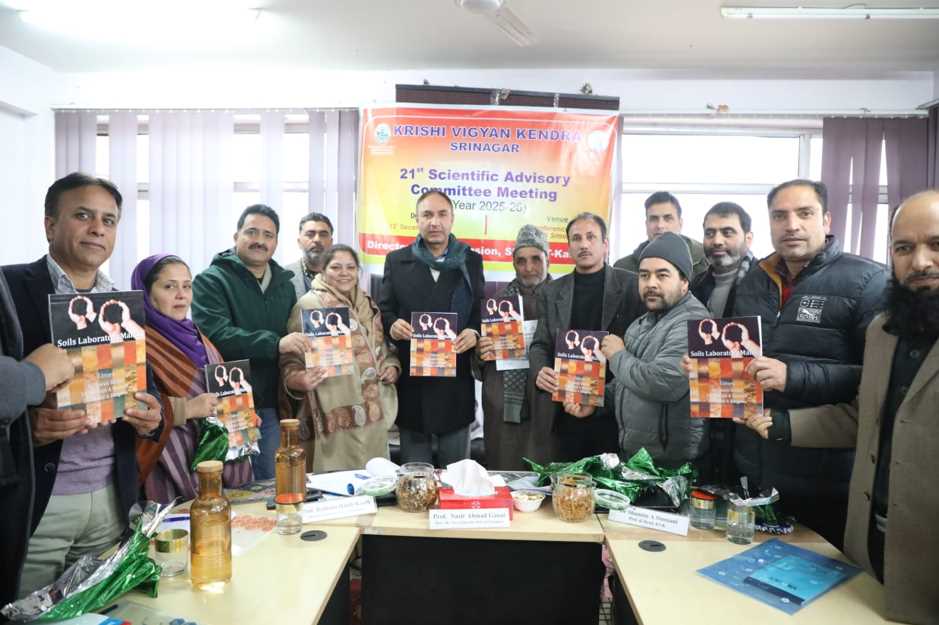
The way both sides denounced each other...the way no one cared about the social divide being created...untruths were spread using technology. Is this the way knowledge should be used?"
The field of politics is often filled with hubris, competition, and divisive rhetoric. In such a scenario, the need to reassert the important role of ethics and decorum emerges time and again. In this context, the speech delivered by RSS chief Mohan Bhagwat Ji in Nagpur on June 10 outlined the principles of Rajdharma. Bhagwat Ji’s speech came after the Lok Sabha elections in which the BJP did not secure a majority. Against this backdrop, Bhagwat Ji presented a roadmap for ethical governance and responsible political conduct. He reflected deeply on the shortcomings observed in the electoral process and the divisive elements emerging in society and also stressed the need to reassert the values of democracy. In his speech, Bhagwat underlined the role of ‘sevaka’, the need for decorum during elections, the importance of the opposition, and the significance of consensus. The speech critiqued current political practices while reminding leaders of the values that should guide politics. Bhagwat Ji emphasised that a true 'sevak' should not show arrogance and should work without harming others. This is a direct warning against the hubris often seen in political leadership. By advocating humility, Bhagwat Ji reinforces the idea that leaders should selflessly serve the people, a fundamental aspect of Rajdharma. As he says, "A true sevak maintains decorum while working...there is no arrogance in saying I did this. Only such a person has the right to be called a sevak."
Bhagwat Ji criticised the lack of decorum during the election campaign, highlighting that elections should be seen as a competition rather than a war. He pointed out that divisive rhetoric and misuse of technology to spread untruths degrades the democratic process. "The way both sides denounced each other...the way no one cared about the social divide being created...untruths were spread using technology. Is this the way knowledge should be used?"
This statement by Mohan Bhagwat Ji calls for a return to civility and respect in political discourse, which is essential for the healthy functioning of a democracy. Bhagwat Ji made an important point by explaining the difference between the ‘ruling side’ and the ‘opposition side’. He stressed that the opposition should not be seen as an enemy but as a vital component of democracy that offers alternative viewpoints. “The opposition is not the adversary… If we understand that, this is how we should work, we should be aware of the etiquette required in contesting elections. That etiquette was not maintained” in the recent election.
This approach fosters a more collaborative and less adversarial political environment, which is conducive to achieving consensus and effective governance. Bhagwat Ji highlighted the importance of consensus in democratic governance. He acknowledged that perfect alignment of views is unattainable, but stressed that society must strive for unity despite differences. “When society decides to unite despite differences, consensus is achieved. Parliament serves as a platform for both sides to express their views” as he says. This approach to governance is in line with the principles of Rajdharma, where the ruler (or government) must govern with the welfare of all in mind, and reconcile conflicting interests and ideas. Bhagwat Ji's speech contains many elements of Rajdharma, the ancient Indian concept of righteous and ethical governance which Rajdharma emphasises. Leaders should be just and fair, ensuring that their actions do not harm any section of society. Bhagwat Ji’s call for humility and service reflects this principle. Leaders have a duty to uphold the dignity of their office and work for the welfare of all citizens. By criticising the lack of decorum in elections, Bhagwat Ji emphasises the need for responsible conduct. Effective governance requires consensus and cooperation among all stakeholders, including the opposition. Bhagwat Ji’s emphasis on seeing the opposition as a counterpart is in line with this principle. Leaders must maintain high ethical standards while avoiding arrogance and divisive attitudes. Bhagwat ji’s criticism of election rhetoric and misuse of technology highlights the need for ethical conduct.
Mohan Bhagwat ji’s resent speech in Nagpur is an important reminder of the principles of Rajdharma in the context of contemporary Indian politics. By advocating humility, ethical conduct and consensus, Bhagwat ji presents an approach to governance that is both principled and pragmatic. His emphasis on the role of the opposition and the need for decorum in political discourse provides a blueprint for fostering a more collaborative and less adversarial political environment. In short, Bhagwat Ji's message is a call to return to the core values of rajdharma, which urges political leaders to prioritise the welfare of the nation over personal or party interests. This approach not only strengthens the democratic fabric of the country but also ensures that governance remains in line with the highest ideals of public service and ethical conduct.
Email:--------------------------aquilahmad2@gmail.com



The way both sides denounced each other...the way no one cared about the social divide being created...untruths were spread using technology. Is this the way knowledge should be used?"
The field of politics is often filled with hubris, competition, and divisive rhetoric. In such a scenario, the need to reassert the important role of ethics and decorum emerges time and again. In this context, the speech delivered by RSS chief Mohan Bhagwat Ji in Nagpur on June 10 outlined the principles of Rajdharma. Bhagwat Ji’s speech came after the Lok Sabha elections in which the BJP did not secure a majority. Against this backdrop, Bhagwat Ji presented a roadmap for ethical governance and responsible political conduct. He reflected deeply on the shortcomings observed in the electoral process and the divisive elements emerging in society and also stressed the need to reassert the values of democracy. In his speech, Bhagwat underlined the role of ‘sevaka’, the need for decorum during elections, the importance of the opposition, and the significance of consensus. The speech critiqued current political practices while reminding leaders of the values that should guide politics. Bhagwat Ji emphasised that a true 'sevak' should not show arrogance and should work without harming others. This is a direct warning against the hubris often seen in political leadership. By advocating humility, Bhagwat Ji reinforces the idea that leaders should selflessly serve the people, a fundamental aspect of Rajdharma. As he says, "A true sevak maintains decorum while working...there is no arrogance in saying I did this. Only such a person has the right to be called a sevak."
Bhagwat Ji criticised the lack of decorum during the election campaign, highlighting that elections should be seen as a competition rather than a war. He pointed out that divisive rhetoric and misuse of technology to spread untruths degrades the democratic process. "The way both sides denounced each other...the way no one cared about the social divide being created...untruths were spread using technology. Is this the way knowledge should be used?"
This statement by Mohan Bhagwat Ji calls for a return to civility and respect in political discourse, which is essential for the healthy functioning of a democracy. Bhagwat Ji made an important point by explaining the difference between the ‘ruling side’ and the ‘opposition side’. He stressed that the opposition should not be seen as an enemy but as a vital component of democracy that offers alternative viewpoints. “The opposition is not the adversary… If we understand that, this is how we should work, we should be aware of the etiquette required in contesting elections. That etiquette was not maintained” in the recent election.
This approach fosters a more collaborative and less adversarial political environment, which is conducive to achieving consensus and effective governance. Bhagwat Ji highlighted the importance of consensus in democratic governance. He acknowledged that perfect alignment of views is unattainable, but stressed that society must strive for unity despite differences. “When society decides to unite despite differences, consensus is achieved. Parliament serves as a platform for both sides to express their views” as he says. This approach to governance is in line with the principles of Rajdharma, where the ruler (or government) must govern with the welfare of all in mind, and reconcile conflicting interests and ideas. Bhagwat Ji's speech contains many elements of Rajdharma, the ancient Indian concept of righteous and ethical governance which Rajdharma emphasises. Leaders should be just and fair, ensuring that their actions do not harm any section of society. Bhagwat Ji’s call for humility and service reflects this principle. Leaders have a duty to uphold the dignity of their office and work for the welfare of all citizens. By criticising the lack of decorum in elections, Bhagwat Ji emphasises the need for responsible conduct. Effective governance requires consensus and cooperation among all stakeholders, including the opposition. Bhagwat Ji’s emphasis on seeing the opposition as a counterpart is in line with this principle. Leaders must maintain high ethical standards while avoiding arrogance and divisive attitudes. Bhagwat ji’s criticism of election rhetoric and misuse of technology highlights the need for ethical conduct.
Mohan Bhagwat ji’s resent speech in Nagpur is an important reminder of the principles of Rajdharma in the context of contemporary Indian politics. By advocating humility, ethical conduct and consensus, Bhagwat ji presents an approach to governance that is both principled and pragmatic. His emphasis on the role of the opposition and the need for decorum in political discourse provides a blueprint for fostering a more collaborative and less adversarial political environment. In short, Bhagwat Ji's message is a call to return to the core values of rajdharma, which urges political leaders to prioritise the welfare of the nation over personal or party interests. This approach not only strengthens the democratic fabric of the country but also ensures that governance remains in line with the highest ideals of public service and ethical conduct.
Email:--------------------------aquilahmad2@gmail.com
© Copyright 2023 brighterkashmir.com All Rights Reserved. Quantum Technologies